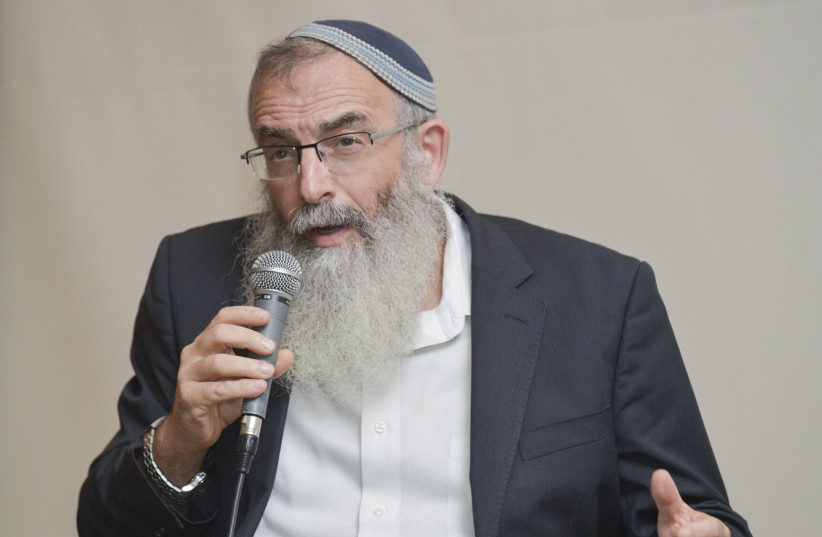As political divisions continue to drive a wedge between mostly left-wing detractors of Israel’s proposed judicial reform and mostly right-wing supporters of the new law, the Tzohar Rabbinical Organization is calling for unity during the Jewish calendar’s most prominent holiday – Yom Kippur.
On this major holiday, which is known as the Day of Atonement, Jews across the world seek forgiveness from god for their misdeeds. Israeli businesses remain mostly shut and citizens are home as the holiday brings most of the nation to a standstill.
Amid protests that have gripped the country for the better part of a year, Tzohar is hoping that Yom Kippur is just what the divided Israeli public needs to begin to heal.
“There is no doubt that this year we are all feeling a sense of disconnect and division within our society,” said Tzohar Chair and Founder Rabbi David Stav. “For that reason, perhaps more than ever before in our nation’s modern history, Yom Kippur must be embraced as an opportunity where all of us can come together in a spirit of prayer and ask for forgiveness.”

“Our message must be that we don’t need to agree on everything to remember that we are one people,” Rabbi Stav added. “Our sincere hope is that this holiday can be a critical step forward to bring us closer together and help ensure that the coming year will be one of social healing with blessings for peace, security, and national unity.”
Tzohar Rabbinical Organization
Tzohar is an Israeli organization of over 800 religious Zionist Orthodox rabbis that aims to bridge the gaps between religious and secular Jews in Israel and has become known for its Yom Kippur services, which are designed to bring together Jewish Israelis from all walks of life – be they religious, traditional, or secular.
Tzohar’s annual Yom Kippur programs take place in hundreds of schools, community centers, and other public spaces around the country with a focus on a communal experience with explanatory prayers, song, and conversation.
With events taking place in many smaller towns, moshavim, and kibbutzim, the Tzohar program is intended to be accessible and inviting – even to people who are less likely to frequent synagogue prayer services throughout the year.
